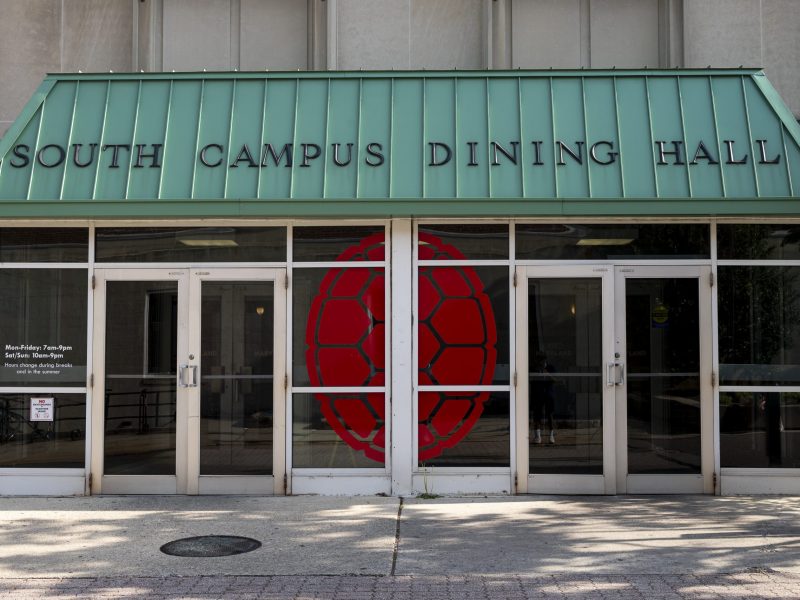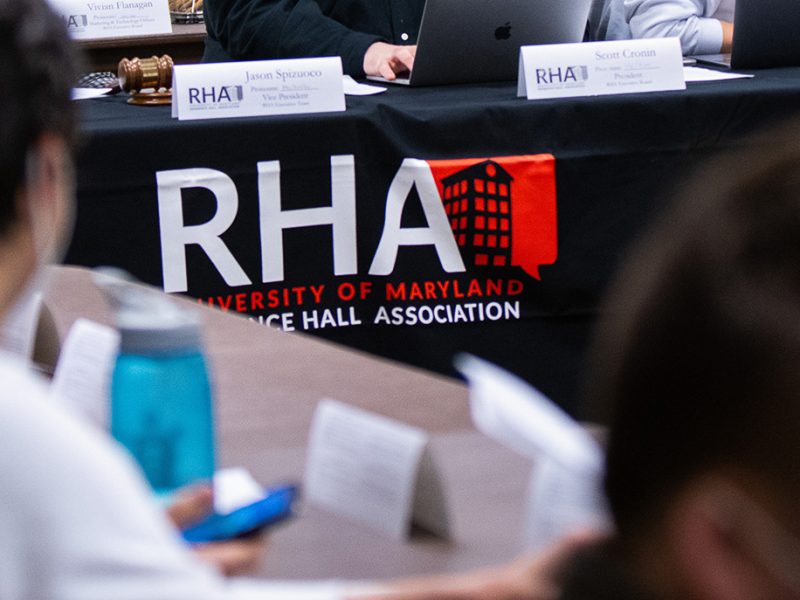When Shawn Zhan imagined his first semester of college months ago, before the coronavirus pandemic dominated headlines, he saw himself joining a lot of clubs, taking classes in person and having fun while making friends in Maryland.
Then, as the virus spread from Wuhan to the rest of the world, he thought he’d begin his college career by taking online classes at his parents’ home in the Chinese city of Guiyang in the dead of night, tuning in at the same time as his classmates in the U.S.
Instead, he now finds himself starting his day at 7:30 a.m. and grabbing breakfast before taking a shuttle bus to attend his calculus class, in-person, at a university in Shanghai just 12 minutes away from where he’s staying in the city.
Zhan, a freshman economics and mathematics major at the University of Maryland, said the situation he’s in now is much better than the one he was picturing.
“I can make friends and have a social life and be away from home,” he said.
Zhan is one of 11 students from this university who are starting their degrees under the newly-created “Global Terrapins-China” program, which offers first-year international students from select countries the chance to earn up to 16 credits at the East China Normal University in Shanghai. According to the program’s website, it aims to prepare students to transition to College Park for the spring semester.
The university developed the program in a partnership with Rutgers University and the Council on International Educational Exchange — a nonprofit study abroad program provider — to offer a variety of courses to students who are unable to travel to the United States. It also aims to provide students from mainland China, Taiwan, Hong Kong and Macau an alternative to taking classes fully online or deferring their admission.
Zhan and his classmates from this university are taking classes alongside hundreds of Rutgers students. Ross Lewin, this university’s associate vice president for international affairs, expressed hope that the first-year students involved in the program would form relationships across institutions.
“The students in China will build a bond with each other and also create a larger sense of community because there’s a lot more students from other universities,” he said.
[UMD international students feel stranded as COVID-19 devastates their home countries]
Just like freshmen who are starting their college careers in Maryland, Zhan and his peers will be taking UNIV100: The Student in the University this semester. Malik Blue, the university’s adviser for freshman abroad programs and Zhan’s UNIV100 instructor, said he hopes the course will help students prepare for their eventual transition to the university.
“They can process and think about what that transition looks like from starting that on-site experience and bonding,” Blue said.
The experience Zhan and his classmates have had in Shanghai has been much different than that of their fellow freshmen on the campus in Maryland.
Early on in the pandemic, China issued sweeping restrictions to suppress the spread of the virus, enforcing lockdowns and closing down infrastructure, such as bridges, from Wuhan. People in public spaces may be screened and go through temperature checks before entering buildings.
Now, the country is reporting only tiny increases in new cases of COVID-19 per day: The country’s national health authority reported only eight new cases in mainland China on Monday.
The students joining the program were only required to wear face masks when the hundreds of them met for the first time. Outside of these large groups, Zhan has observed that many people don’t wear masks, he said.
Massive social gatherings are also discouraged in China, but students there have freedom to be around each other without the fear of spreading the coronavirus that is seen in College Park and throughout the United States, he said.
[Chinese international students take precautions, face travel restrictions as virus spreads]
Zhan spends his time working out, hanging out with friends and planning events with the Rutgers student union. Last week, the student union hosted a coffee and tea hour where students enjoyed donuts, chips and bubble tea together.
For Zhan, who first went to the United States when starting high school in Iowa, spending the fall in Shanghai has been an interesting experience. He says he feels more homesick now, living about three hours away from his parents, than he did in Iowa.
“That environment [in Iowa] is so drastically different from my environment that I grew up in,” Zhan said.
And though he appreciates the opportunities he’d had at East China Normal University, he says he’s eager to go to college in the U.S.
“I want to make new friends, not just be in this Chinese social circle,” he said. “I can make a lot of friends in college in Maryland.”



